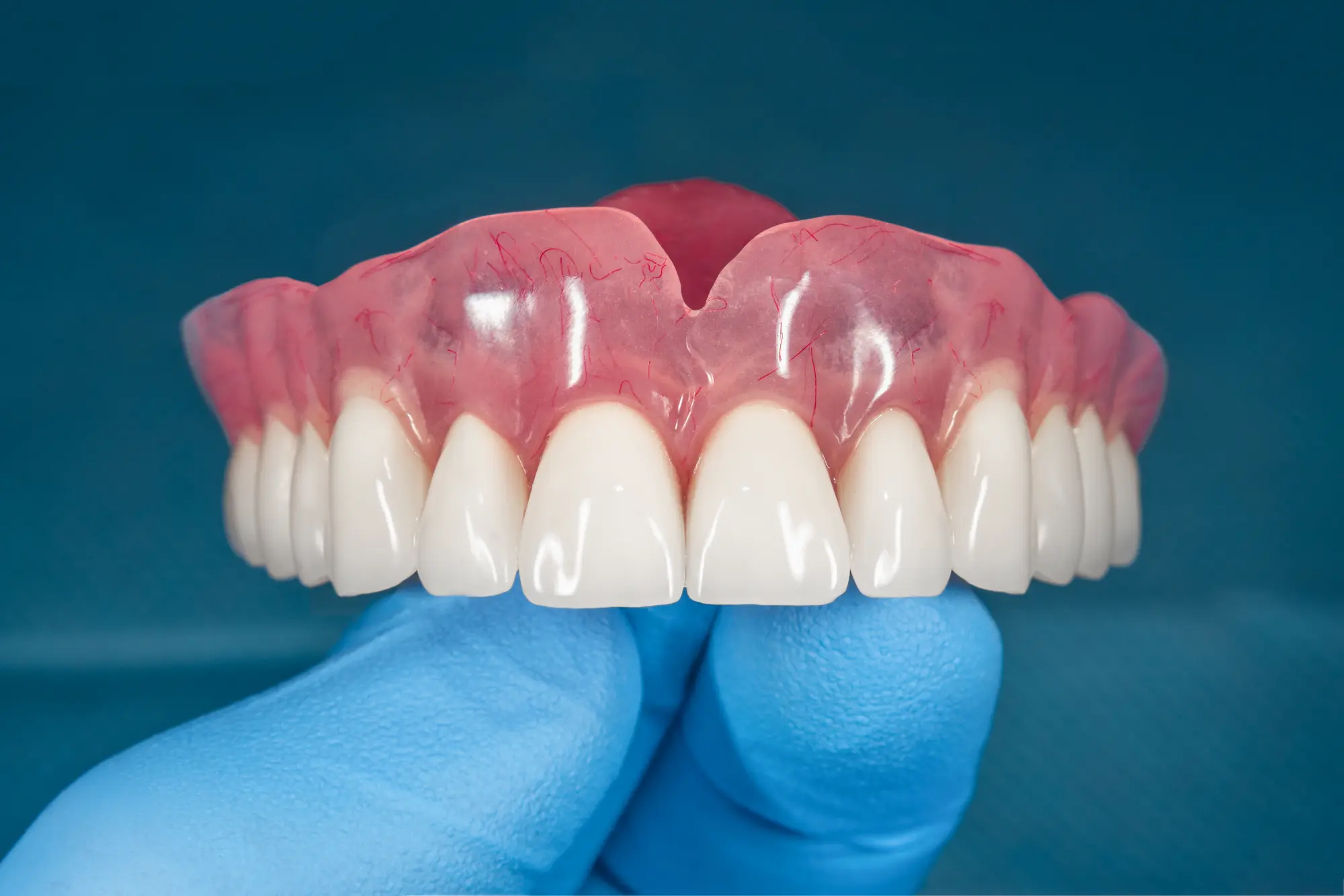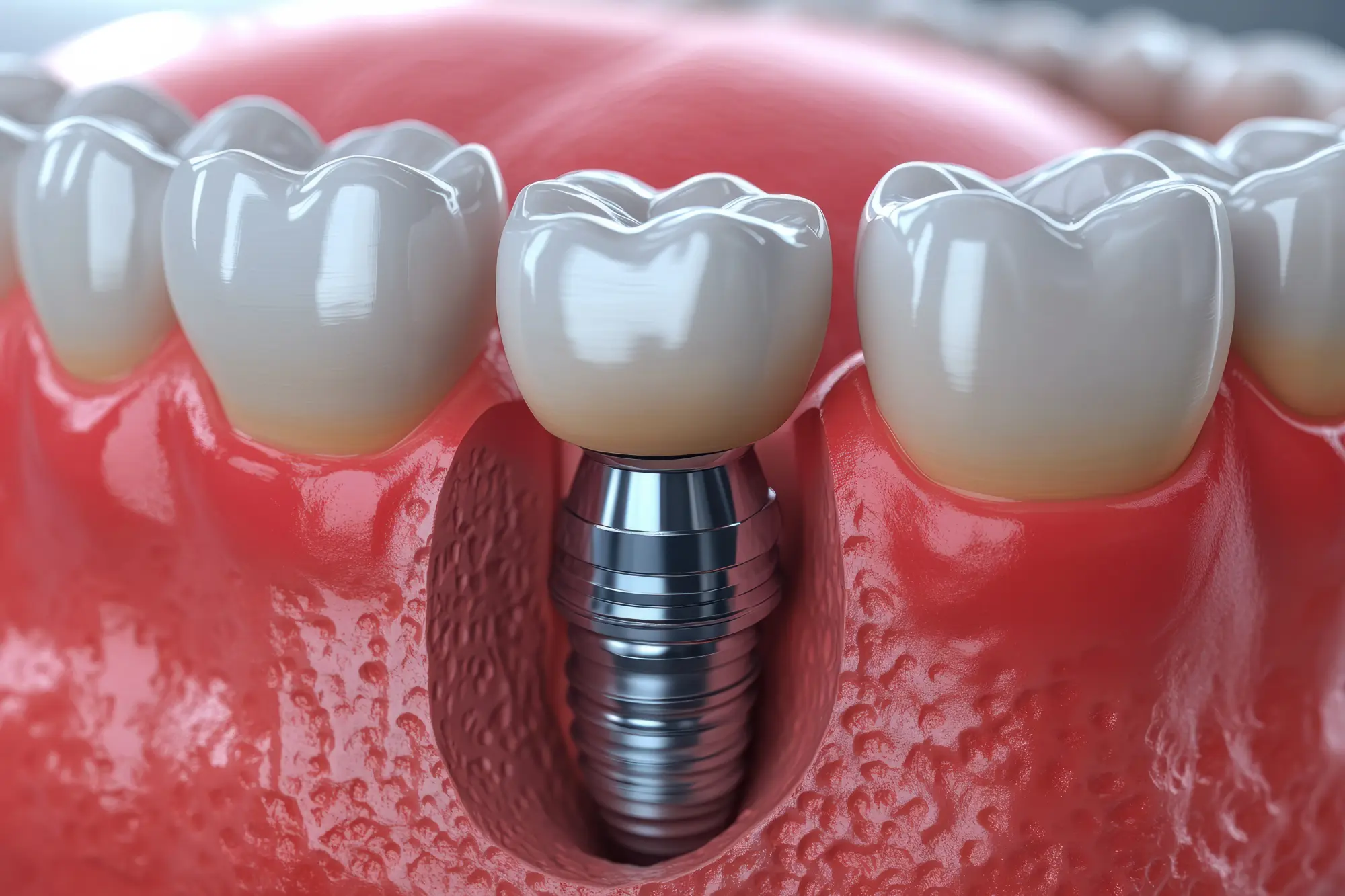
What Are Dental Implants Made Of?
Dental implants have revolutionized the field of dentistry, offering a reliable and long-lasting solution for missing teeth. But have you ever wondered what these remarkable structures are made of? Understanding the materials used in dental implants can provide insight into their durability, functionality, and biocompatibility. In this blog, we delve into the composition of dental implants, exploring the science behind their success and why they are considered the gold standard in tooth replacement.
Common Materials Used in Dental Implants
Dental implants are primarily composed of three key materials, each chosen for its unique properties:
- Titanium: The most common material used, titanium is renowned for its strength, lightweight nature, and exceptional biocompatibility. It integrates seamlessly with bone tissue, a process known as osseointegration, providing a stable foundation for the implant.
- Zirconia: An alternative to titanium, zirconia offers a metal-free option for those with metal sensitivities. It is known for its natural tooth-like appearance and high resistance to corrosion.
- Porcelain: Often used for the crown portion of the implant, porcelain mimics the look and feel of natural teeth, ensuring a seamless blend with your existing smile.
The Role of Titanium in Dental Implants
Titanium's role in dental implants cannot be overstated. Its unique properties make it the ideal choice for the structural component of implants. Here’s why:
- Biocompatibility: Titanium is highly compatible with the human body, reducing the risk of rejection and promoting successful integration with the jawbone.
- Strength and Durability: Titanium implants are incredibly strong, capable of withstanding the forces of chewing and biting, ensuring longevity.
- Corrosion Resistance: Titanium naturally forms a protective oxide layer that resists corrosion, making it suitable for long-term use in the oral environment.
Zirconia: A Metal-Free Alternative
For individuals with metal allergies or those seeking a more aesthetic option, zirconia implants present an attractive alternative. Here’s what makes zirconia stand out:
- Aesthetic Appeal: Zirconia is white and tooth-colored, providing a more natural appearance compared to metal implants.
- Hypoallergenic: Being metal-free, zirconia is a suitable option for patients with metal sensitivities.
- High Strength: Despite being ceramic, zirconia is incredibly strong and durable, capable of withstanding the pressures of daily oral function.
Porcelain Crowns: The Finishing Touch
The visible part of the dental implant, the crown, is often made from porcelain. Porcelain crowns are favored for several reasons:
- Natural Appearance: Porcelain closely mimics the translucency and color of natural teeth, ensuring a seamless blend with your smile.
- Durability: Porcelain crowns are resistant to staining and wear, maintaining their appearance over time.
- Customizable: Each porcelain crown is custom-made to match the shape, size, and color of your existing teeth for a perfect fit.
Ready to Transform Your Smile in Middletown, CT?
If you're considering dental implants and want to learn more about how they can enhance your smile, Dr. James McGrath at Apollonia Dental in Middletown, CT is here to help. Our team is dedicated to providing you with personalized care and expert advice to ensure the best possible outcome. Don't wait any longer to achieve the smile of your dreams. Contact us today at (860) 704-8000 to schedule your consultation and take the first step towards a confident, beautiful smile.
Related Posts

Feast with Confidence: Why New Dentures Are the Best Holiday Meal Investment in Middletown

Is a Dental Implant Falling Out an Emergency?

How Long Do Dental Implants Take to Heal?

